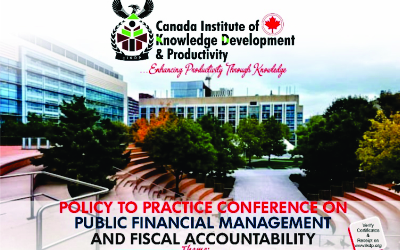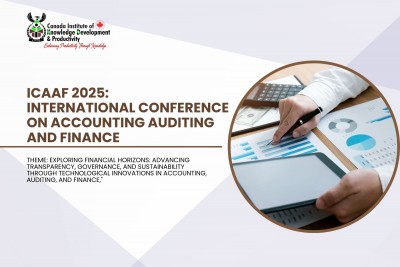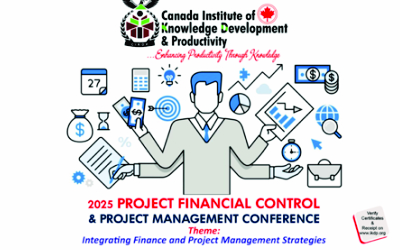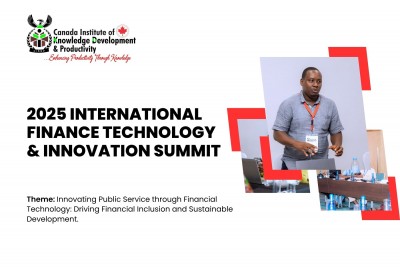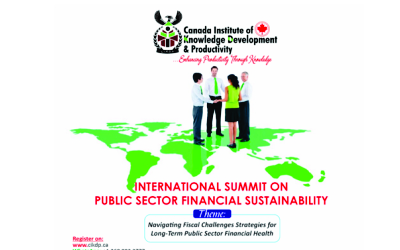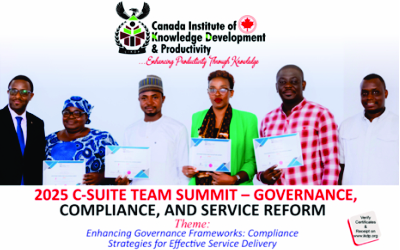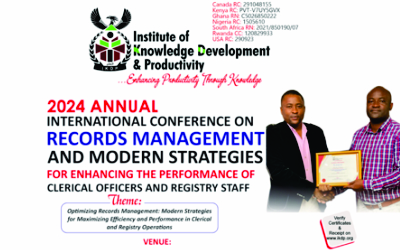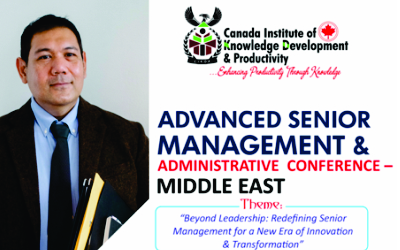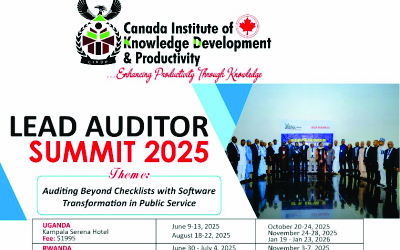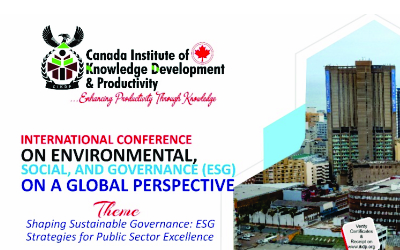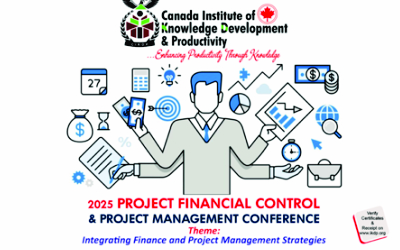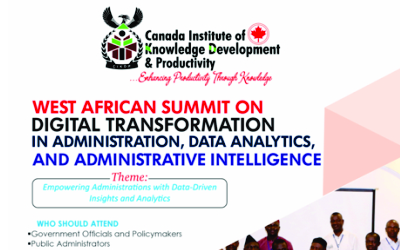THE CONFERENCE
The Policy to Practice Conference on Public Financial Management and Fiscal Accountability is a premier gathering designed to bridge the gap between fiscal policy formulation and effective implementation. In today’s interconnected and resource-constrained world, governments and institutions face the pressing challenge of ensuring that public resources are managed with discipline, transparency, and accountability to drive sustainable growth.
Under the theme “Advancing Fiscal Discipline and Transparency for Sustainable Growth”, this conference will provide a dynamic platform for policymakers, financial managers, auditors, academics, civil society leaders, and development partners to exchange ideas, share innovations, and explore practical strategies for strengthening public financial systems.
Through keynote addresses, technical paper presentations, case studies, and interactive sessions, participants will examine proven reforms, emerging trends, and technological solutions that can enhance fiscal responsibility at all levels of government. The event will emphasize actionable insights—turning policy commitments into measurable results that improve governance, build public trust, and unlock national development potential.
This conference represents not only a knowledge exchange but also a collaborative call to action—uniting diverse stakeholders to shape resilient, transparent, and results-oriented financial management systems for a prosperous future.
By the end of this conference, participants will be able to:
§ analyze the link between fiscal discipline, transparency, and sustainable economic growth in public sector management;
§ apply practical tools, techniques, and frameworks to strengthen public financial management systems;
§ evaluate current fiscal accountability mechanisms and identify gaps for improvement in their respective institutions;
§ implement strategies for effective budgeting, expenditure control, and transparent reporting;
§ integrate technology-driven solutions (e-budgeting, e-auditing, and digital reporting) into financial governance processes;
§ engage stakeholders—government, civil society, and development partners—in fostering fiscal responsibility and public trust;
§ design policy recommendations and institutional reforms that improve financial oversight and service delivery outcomes; and
§ benchmark their institution’s practices against global and regional best practices in fiscal governance.
WHO SHOULD ATTEND
§ Government leaders and officials in Finance Department
§ Public sector executives
§ Ministers of Finance, Planning, and Economic Development
§ Permanent Secretaries and Directors-General
§ Budget Directors and Financial Controllers
§ Heads of Treasury and Accounting Officers
§ Directors of Public Procurement and Supply Chain Management
§ Policy and Planning Directors in Ministries and Agencies
§ Heads of Monitoring and Evaluation Units
§ Debt Management Office Executives
§ Legislative Committee Members on Finance and Public Accounts
§ Senior Economists and Fiscal Policy Advisors

CONFERENCE CONTENT
Module 1 – Setting the Stage: Fiscal Discipline and Transparency in Context
Objective: Establish a shared understanding of the role of fiscal discipline and transparency in achieving sustainable growth.
Key Topics:
· Global and African perspectives on public financial management (PFM) reforms
· Linking fiscal responsibility to governance and development outcomes
· Policy frameworks and legal foundations for transparency
Format: Keynote addresses, expert panel discussion
Module 2 – Strengthening Public Financial Management Systems
Objective: Explore reforms, structures, and tools that improve fiscal accountability.
Key Topics:
· Medium-Term Expenditure Frameworks (MTEF) and results-based budgeting
· Enhancing expenditure controls and internal audit functions
· Institutional arrangements for fiscal oversight
Format: Technical paper presentations, breakout sessions
Module 3 – Technology and Innovation in Fiscal Governance
Objective: Showcase technology-driven approaches to improve efficiency and transparency in financial management.
Key Topics:
· Digital transformation in PFM: e-budgeting, e-procurement, e-auditing
· Data analytics for financial decision-making and performance monitoring
· Cybersecurity in public finance systems
Format: Demonstrations, case studies, hands-on workshop
Module 4 – Revenue Mobilization and Debt Management
Objective: Identify sustainable revenue generation strategies and sound debt management practices.
Key Topics:
· Broadening the tax base while ensuring fairness and equity
· Domestic resource mobilization strategies for development
· Debt sustainability analysis and responsible borrowing practices
Format: Policy roundtable, interactive group discussions
Module 5 – Accountability, Anti-Corruption, and Stakeholder Engagement
Objective: Strengthen governance through inclusive oversight and anti-corruption measures.
Key Topics:
· Civil society’s role in fiscal monitoring and budget transparency
· Anti-corruption frameworks and whistleblower protection
· Building trust between governments and citizens through open budgets
Format: Case studies, role-play exercises, plenary discussions
Module 6 – Turning Policy into Practice
Objective: Equip participants with actionable steps to implement conference learnings in their institutions.
Key Topics:
· Translating policy recommendations into operational plans
· Measuring fiscal performance and reporting on results
· Change management in implementing fiscal reforms
Format: Action-planning workshops, peer-to-peer learning
Module 7 – Closing Session & Way Forward
Objective: Consolidate insights, set post-conference commitments, and establish collaboration networks.
Key Topics:
· Summary of key outcomes and policy messages
· Declaration of commitments and follow-up strategies
· Networking and partnership opportunities for sustained reforms
Format: Closing keynote, participant feedback, networking reception
What will i learn?
- Analyze the link between fiscal discipline, transparency, and sustainable economic growth in public sector management;
- Apply practical tools, techniques, and frameworks to strengthen public financial management systems;
- Evaluate current fiscal accountability mechanisms and identify gaps for improvement in their respective institutions;
- Implement strategies for effective budgeting, expenditure control, and transparent reporting;
- Integrate technology-driven solutions (e-budgeting, e-auditing, and digital reporting) into financial governance processes;
Frequently asked question
Available dates
- June 30 - July 4, 2026. August 18-22, 2026 September 1-5, 2026 November 17-21, 2026 December 15-19, 2026 January 12-16, 2027
